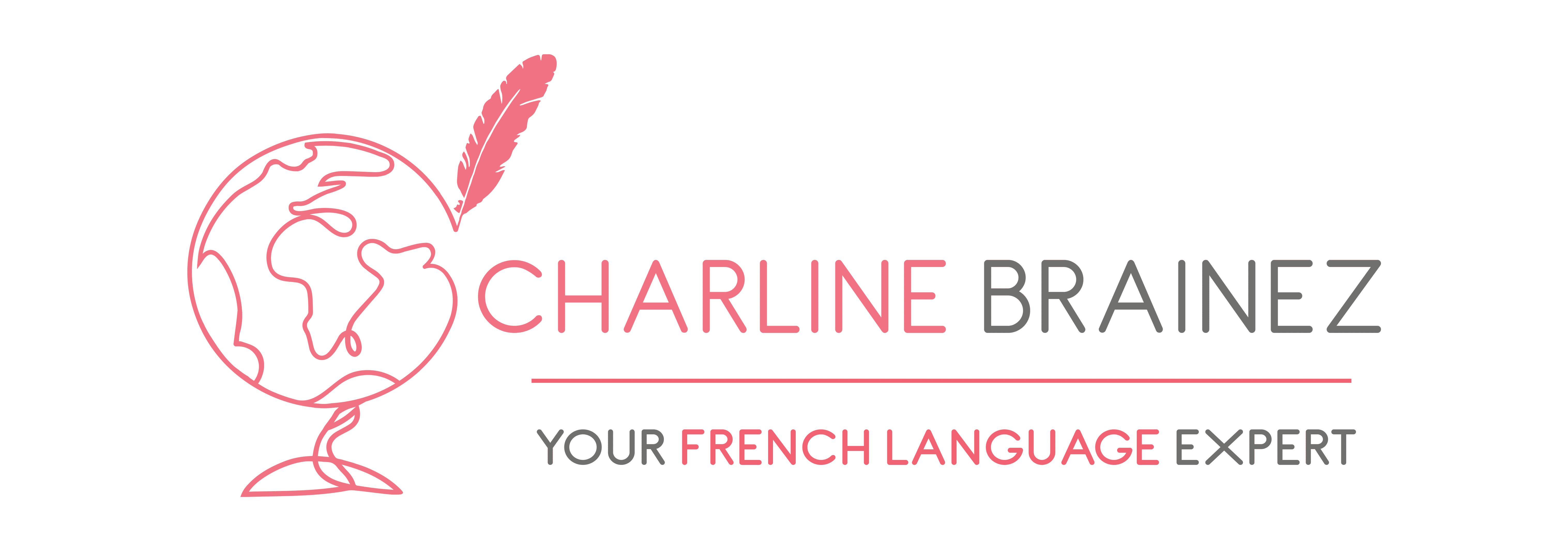Undoubtedly, there is a difference between being able to speak a language and being a native speaker, especially when it comes to writing in a professional context. In order to reach your audience, you should be able to speak their language, otherwise they may not take you seriously, thinking that you are spamming them, or worse, that what you are offering them is a total “scam”. All in all, the message you wish to share won’t come across at all.
As for me, there is no doubt that I am a native French speaker as I certainly don’t write English like a native English speaker. Indeed, I surely don’t know all the idioms, intricacies and proper word combinations of the English language, which all depend on the context or specificity of a given situation. This is why I will have this text proofread by a native English proofreader so that it will sound even better than it would have prior to her intervention! We all know that there is sometimes a huge gap between theory and practice, whether it’s in regards to the linguistic rules of a language or the concerned subject. I know the theory whereas she knows the practice. That’s why I trust her to proofread this text to make it sound more “native”, so that you will really capture the essence of what I truly wish to convey. I hope that when you read this article, you will trust me just as much as you trust me with the French language!
REASON 1: With a native French proofreader or translator, you will earn other people’s trust!
Trust is everything! Did you know that Google can more likely penalize content that is not written by a native speaker, simply because it can detect that it’s unnaturally free-flowing and may consider it as spam. So, please, do leave automatic translation tools aside, not only for Google but also for your own audience!
“When a consumer might be wary of spam or phishing efforts, a misspelled word could be a killer issue”, according to William Dutton, the former director of the Oxford Internet Institute at Oxford University.
Indeed, you should forget about automatic translation tools if you want to build a strong and long-lasting relationship with your clients. If you speak correctly to your audience, they will feel understood and will tend to more easily trust you, your products as well as your services. Do remember that communication is the ciment of any type of relationship: thus pamper your clients by trying to provide quality content. Quality fosters trust and trust leads to solid and long-term client relationships.
REASON 2: With a native French proofreader or translator, you will be seen as a real professional!
Having an accent when talking in French can be very cute and/or endearing for some. However, as a professional, and above all, if you want to appear professional, you have to be very careful when it comes to your written documents or website. Indeed, not being able to write correctly isn’t an issue but if your French documents are full of mistakes, you may tarnish your image as a professional. You are probably wondering why that is? Essentially, the mistakes that appear on your website, for instance, could imply to some extent that you are not meticulous enough to have your text proofread and are not a perfectionist. Guess what this unconsciously implies for your potential clients? You’re right! It could give the wrong idea and mean that your are not meticulous enough as a professional either. I know that this can seem unfair or even ridiculous. However, this is what takes place in the head of your potential native French speaking clients when they spot mistakes on your website or other documents.
REASON 3: French people do not tolerate mistakes in the French language, it’s simply in their blood!
Although this assertion may sound rather cliché, I can assure you that French people cannot stand approximation when it comes to their beloved language, especially in the professional field.
This is a historical fact. Ever since the 17th century, the French language had to be as pure as possible. Even children were taught pure French at school in order for them to be able to read French classics. The symbol of this French language normalization is the French Academy (“l’Académie Française”), which was created in 1635. Its aim was to originally supervise the French language and provide the rules that will help its preservation by making it pure and eloquent.
If your French documents are full of mistakes, you may tarnish your image as a professional
Nowadays, when it comes to reforming the French language, a heated debate still ensues and reforms that are sometimes accepted by the French Academy are not necessarily accepted nor implemented by the French people. Considering that the French language differs in theory and in practice, one understands why working with a native French proofreader or translator is essential, since they will be able to pick and choose the right words and expressions according to the given context or subject area, audience and how French people would convey your own message.
REASON 4: A native French proofreader or translator can maintain your company’s image and reputation in France
In France, proper writing is historically linked with your social status and making a mistake is almost considered as a (moral) failure as the term “mistake” in French (“faute”) literally refers to a moral fault or wrongdoing. For Alain Rey, who happens to be the founding father of the well-known ‘Robert’ dictionary: “Spelling is a social marker, it gives a self-image” and “the one who makes spelling mistakes feels like he is to some extent failing”.
Literal translation is not sufficient if you want to communicate efficiently with your French audience and forge a solid relationship with them
Thus, in a professional context, writing correctly is fundamental inasmuch as your company’s reputation and image are both at stake. In the same vein, 9 out of 10 French people admit that they are shocked (yes, French people are really emotional when it comes to their language!) when they notice a mistake in an official or professional document. Therefore, working with a native French proofreader can somewhat protect your company’s image and reputation as they will make you look professional and thus keep you out of French people’s line of fire!
REASON 5: The rules of the French language (when they apply) are complex ?
Foreigners tend to consider the French language as very tricky, so much so that they are sometimes when learning it. But let me share some good news: French people also feel puzzled when faced with some of the French language rules. They even talk about “pièges de la langue française” which basically means “French language traps”, as if their own mother tongue would intentionally trap them. Indeed, not only are the rules of the French language complex, they also sometimes don’t apply when you think otherwise! Even French people sometimes feel a sense of desperation with their language! I guess this may explain why they are so proud of it! The French language was even ranked among the top 10 most difficult languages to learn in the world by UNESCO!
To conclude, I would say that literal translation is not sufficient if you want to communicate efficiently with your French audience and forge a solid relationship with them. Working with a native French proofreader or translator is essential when you value your company and your audience, especially in the long run. Personally, when I call on a native English proofreader to proofread/correct my documents, I have the feeling that I’m investing (not spending) in my company (in its image and reputation as well as the relationship I have with my clients).

